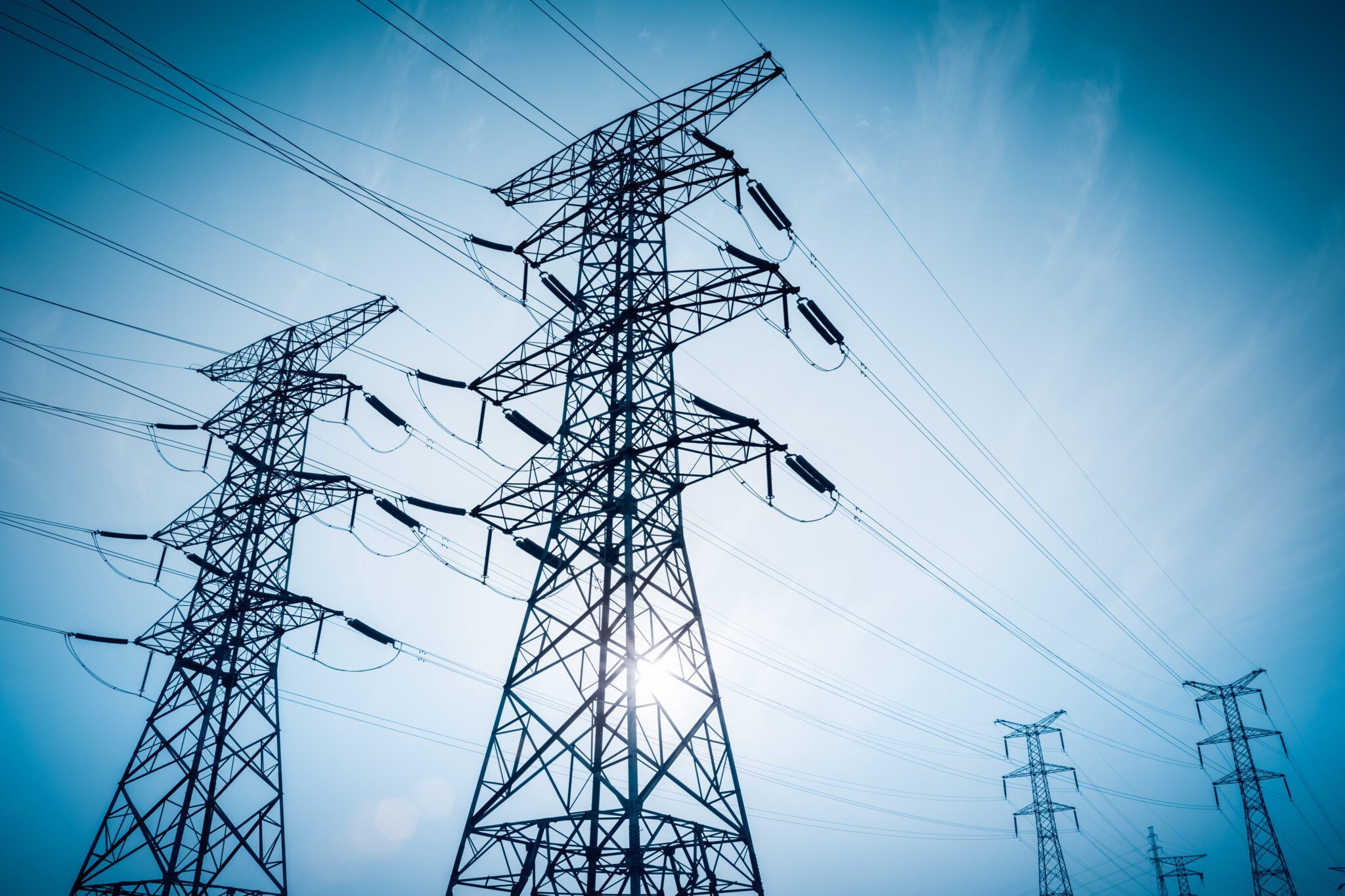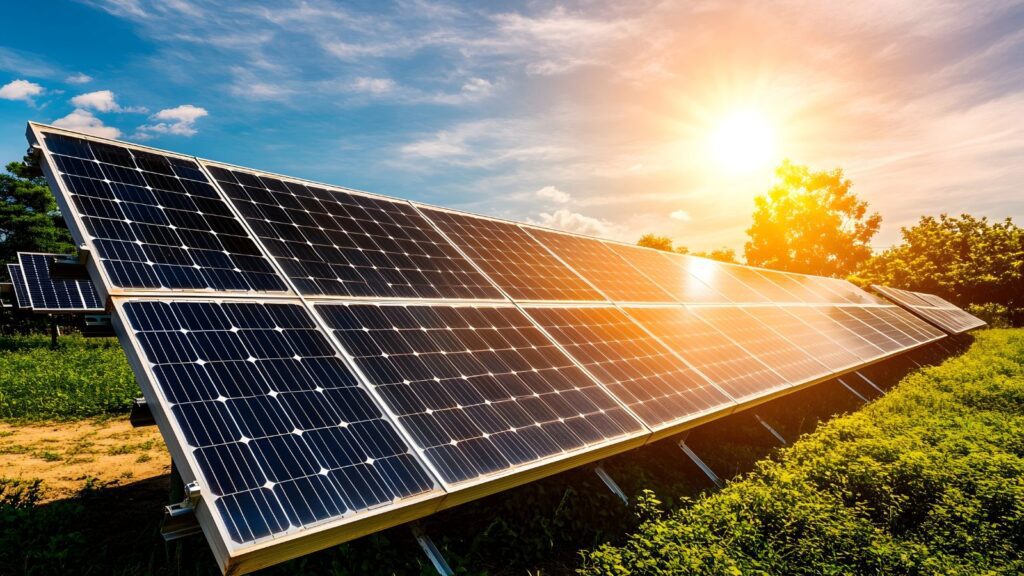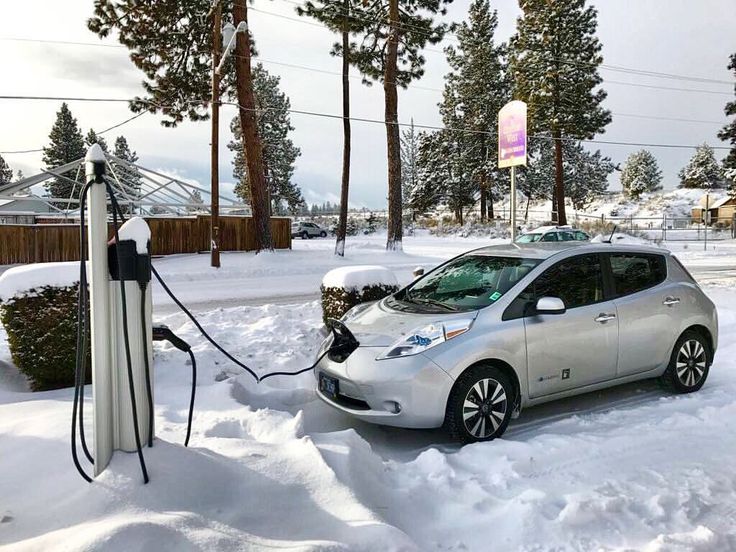The proposed Clean Electricity Regulations (CER) by the federal government are intended to make sure we reduce our greenhouse gas emissions (GHG) from fossil fuel generated electricity starting in 2035. The draft regulations would create a path towards a net-zero electricity generating industry so that Canada meets its goals to be net-zero by 2050. The regulations as they are now will not deliver on the targets. They must be strengthened and reinforced. Any attempt to water them down must be resisted. If we are to survive the worst effects of climate change, we must dramatically decarbonize our economy and focus more on renewable energy sources from now on.
In recent years, we’ve seen the effects of climate change. Wildfires have raged across the country affecting large areas of British Columbia (BC), Alberta, and most of Canada. Huge storms and hurricanes in the Atlantic provinces have caused severe flooding and widespread damage. Now, due to the effect of El Nino in conjunction with global warming, we’re seeing drought in BC during the winter months.
The effects of climate change will only get worse. Strong regulations are needed to convert our economy and electric power system from burning fossil fuels to using non-emitting sources of energy such as wind, solar, and battery storage. This is where the proposed CER comes in. However, some provinces are fighting back.
Before the regulations have even been passed, Alberta has threatened to use its Sovereignty Act to fight the Federal government. Last year, while the draft regulations were being discussed, Alberta ran an $8 million fear-mongering and disinformation campaign about black-outs and high energy bills that targeted Alberta, Ontario, Nova Scotia, and New Brunswick.
Similarly, the Alberta Electricity Systems Operator (AESO) and the Independent Electricity Service Operator (IESO) of Ontario, have both sent in submissions arguing against the CER with attempts to water it down. The AESO and the IESO are government agencies charged with deciding how electricity is delivered in their respective provinces. Unfortunately, this pressure may be working, but we can counteract it. In the CER Public Update released February 16, some of the proposed changes include allowing companies and utilities that pollute more than their share to trade with less polluting industries, while suggesting extending the life of existing gas plants far longer than originally proposed.
In order for us to survive climate change, the Canadian government needs to pass strict Clean Electricity Regulations and stick to them in order to achieve a net-zero electricity grid by 2050. The regulations as they are now, will not come close to delivering on the 2035 goals. Watering down the regulations and creating loopholes will not save us.








